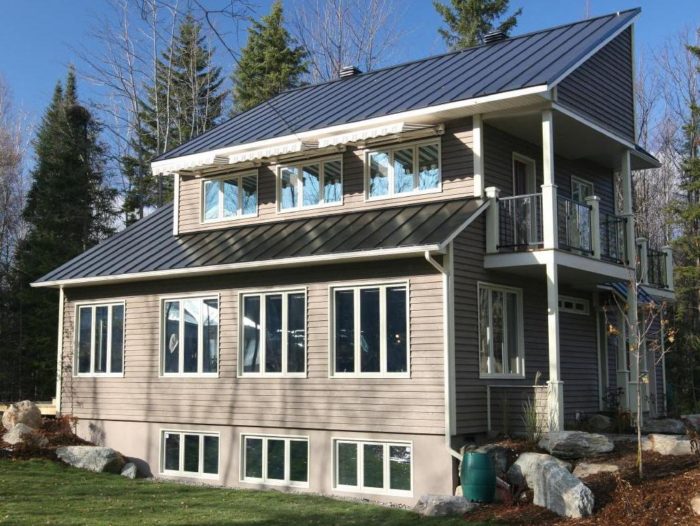
Image Credit: U.S. Dept. of Energy Buildings Database
A newly announced $4 million grant will subsidize the construction of at least 25 net-zero energy homes (NZEHs) in four Canadian provinces. The initiative is being funded by the Canadian government’s ecoENERGY Innovation Initiative (ecoEII), homebuilders, and building materials manufacturers, including Owens Corning Canada.
Homebuilders from Alberta, Nova Scotia, Ontario, and Quebec will be taking part in the project. One of the project’s aims is to demonstrate that net-zero building can be developed at the community scale, not just as one-off research projects.
EcoEII is chipping in nearly $2 million for planning, design, and construction of the houses. The rest of the money is coming from Owens Corning, builders, and the building industry in the form of in-kind contributions.
According to a statement announcing the initiative, “To date in Canada, there have been very few demonstrations of [net-zero energy] housing on a community scale that are market-ready for production builder adoption.”
Officials say the houses could be finished by 2016.
A $1 million grant for research into NZEH technologies
Coincidentally, Natural Resources Canada recently announced $1 million in new funding for the Smart Net-Zero Energy Buildings Strategic Network (SNEBRN), an alliance of researchers from 15 Canadian universities. The money is to be used to research and test new net-zero technologies for both houses and commercial buildings.
Concordia University president Alan Shepard said the grant would build on advances in solar research, including the development of building-integrated photovoltaic thermal systems.
Weekly Newsletter
Get building science and energy efficiency advice, plus special offers, in your inbox.





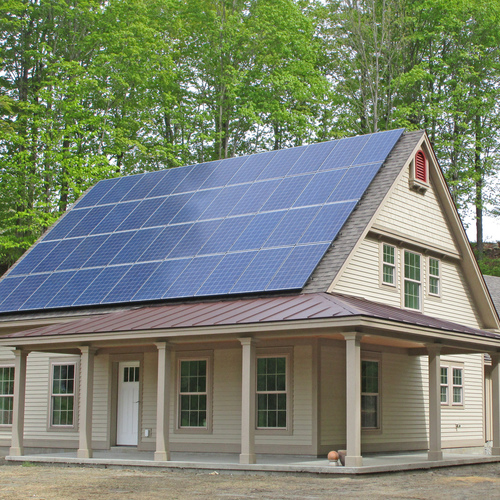
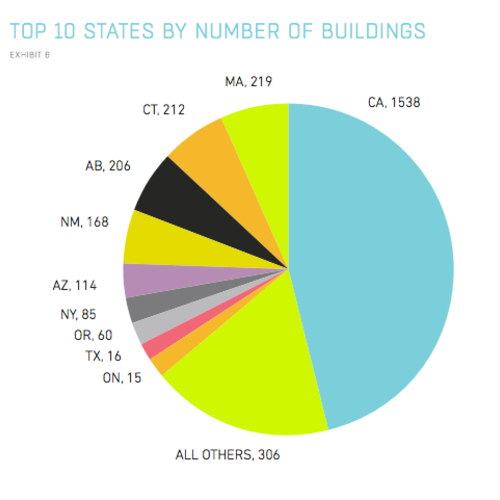
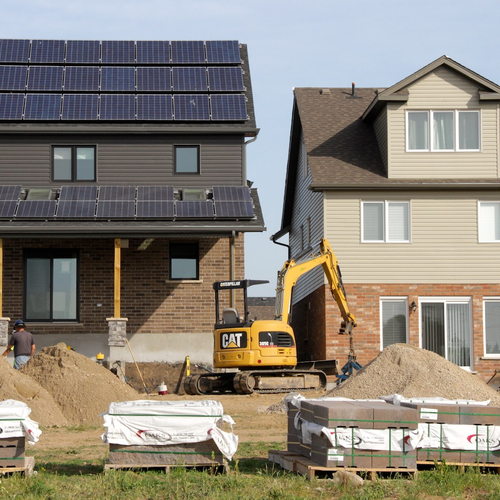
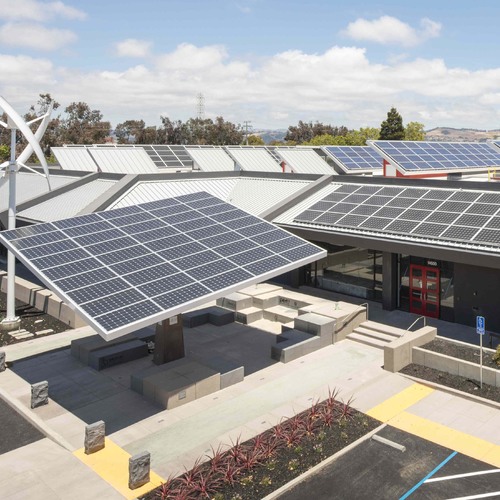






3 Comments
Government funding for research in Canada
In Canada, we take these sort of press releases with a grain of salt. The government can pull funding whenever it pleases them.
Our government also has a policy that any media releases regarding the results of research from government funded research must first be vetted by the prime ministers office. The biggest joke here is that some 25 year old staffer in the prime ministers office, with no knowledge of the subject, rewrites the media release so it aligns with government policy.
http://www.huffingtonpost.ca/2013/05/02/muzzling-science-canada-cuts_n_3187100.html
Bah .. NET ZERO in cold
Bah .. NET ZERO in cold climate ..what does it really mean ??
Not much if you ask me.
I too could easily achieve net zero energy on any building if i had 4-500K$ available.
Research and tests need to be done where it will make a difference , in the budget of 80%+ of homeowner in canada, themiddle class.
Homes that range from 100K$ to 250K$.
We should be focusing on reducing space heating and water heating loads first.
Net-Zero will come by itself later on.
Most of this is unattainable for regular homes if GOV does not participate in forms of very large incentives. We are already using mostly clean source of energy neway.
I know where i'll put my focus on in the coming years , even if i get no help from GOV.
Reasonably priced super high performance homes, that anybody in middle-class can afford.
Comfortable, intelligent and efficient.
A bird in the hand is worth 2 in the bush...
Baby steps! We're taking baby steps. 25 homes... $4million... it's hard not to feel slighted when $288 million are being spent on the mere 'design' of an off-shore arctic ship. In 2007 Norway designed, built and now has 2 similar vessels sailing for a total of $105 million.
It's a shame that Canadians have to learn this from an American (I know, Canada is also in the amercicas too) news source too.
The take home message: it's time for the US goad our prime minister into action on energy efficiency.
Log in or create an account to post a comment.
Sign up Log in